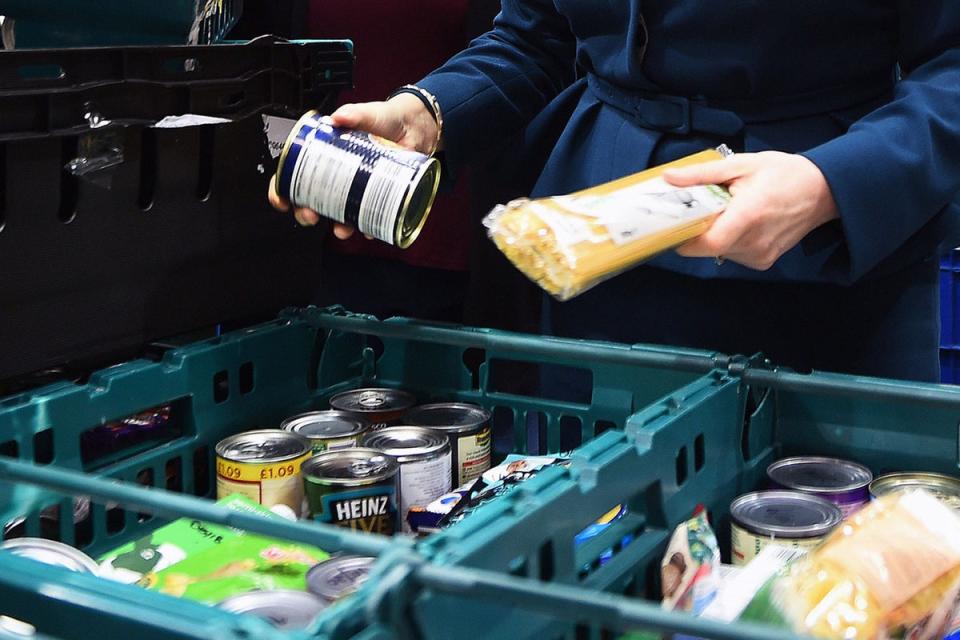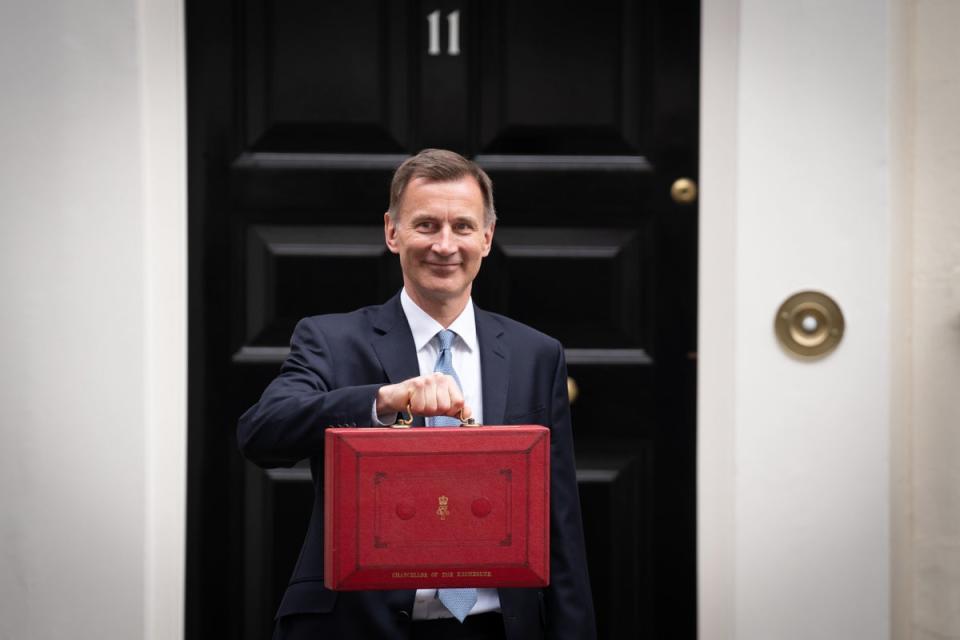Martin Lewis warns food bills may never drop down to what they were
Martin Lewis has warned supermarket bills will never return to what they were - even with inflation gradually decreasing.
The finance expert explained that a lower rate of inflation does not mean that prices are dropping, but rather that they will not rise as fast.
Prices going down would actually be an issue for the economy as it would result in deflation, which can signal an economic downturn and perhaps a recession or depression.
The money saving expert told The Sun: “I don’t think prices are ever going to go back to where they were. If they did, that would cause a problem for the economy as we would get something called deflation.
“The most important thing is that we get inflation down and then, over time, people’s incomes will hopefully catch up. But there are still going to be a tough couple of years ahead for many people.
The cost of living rocketed across the UK during 2021 and 2022. After hitting a 41-year high of 11.1 per cent last October, inflation eased to 10.1 per cent in January but this is still a 10 per cent increase on the previous January’s figure.

By the end of last month, grocery price inflation reached a record 17.1 per cent to add a potential £811 to annual household shopping bills, figures by analysts Kantar showed.
As bills are set to continue to stay high, the MoneySavingExpert founder advised households to take action on their finances rather than ignore them.
He suggested going through every bill - including broadband, energy and Council tax - and making sure they are all being paid in the cheapest way.
The consumer champion urged those in debt to reach out to organisations like Citizens Advice, Stepchange and Christians Against Poverty for support if needed.
Despite current extraordinarily high energy bills, Mr Lewis said he expects them to drop in July. “That means the clouds are parting and we can see the sun through them, and maybe the rain is a little bit lighter than it was,” he said.
Jeremy Hunt unveiled his Spring Budget last Wednesday with plans to boost pensions, expand free childcare and cut duty on fuel and draft beer.

The chancellor also revealed he would add £11bn to Britain’s defence budget in the next five years and extended energy bill support for another three months.
According to the fiscal watchdog on Wednesday, the UK economy is set to avoid a recession but people are still expected to face the biggest fall in living standards on record.
The Office for Budget Responsibility (OBR) projected that the economy will shrink by less than expected and inflation will fall more sharply than previous forecasts, in an improved economic outlook in the near term.
Declining wholesale energy prices and cooling global inflation have improved the position of the Treasury compared with the last budget statement in November.
But the OBR said that the UK remains on course for the sharpest drop in living standards on record over the two years to the end of March next year.
The forecaster said the drop would be lower than previously expected but that real households’ disposable income per person would still tumble 5.7 per cent over 2022/23 and 2023/23.
Households will therefore feel the pinch more than at any point since 1957, according to the OBR.
On Wednesday, the forecasts also showed a sharper drop in inflation this year than previously predicted by both the OBR and the Bank of England.
Inflation is expected to decline by 6.1 per cent in 2023 as a whole, in a revision from previously predicted 7.4 per cent inflation.

 Yahoo News
Yahoo News 